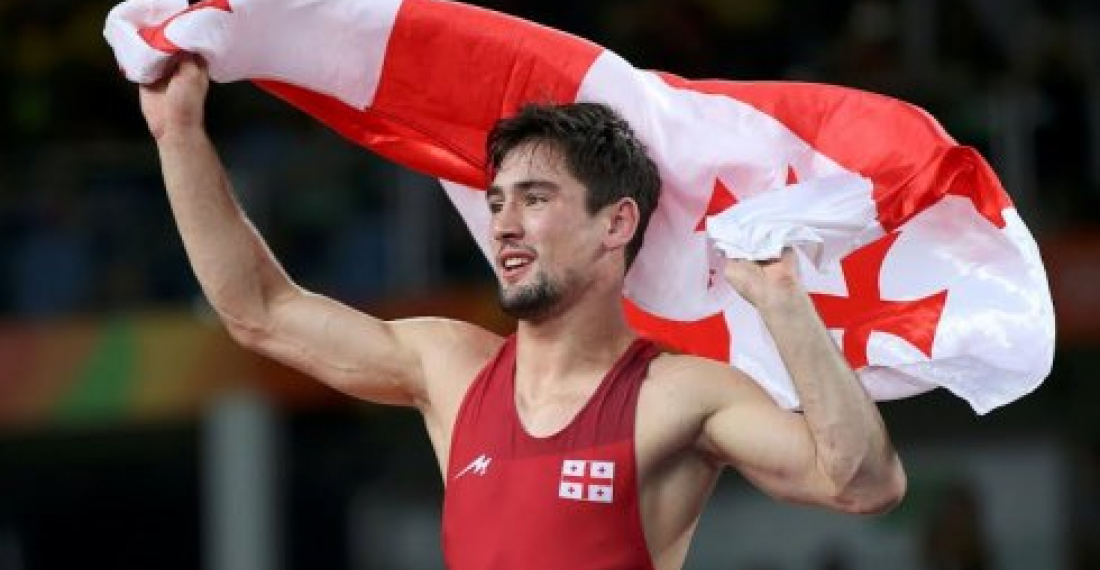Georgia's Vladimer Khinchegashvili won gold in the men's -57kg freestyle wrestling final after a hard-fought victory over Japan's Rei Higuchi.
Khinchegashvili, 25, won on countback after the final ended 3-3.
The London 2012 silver medallist's victory gave Georgia a second gold of the Games, after Lasha Talakhadze's win in the men's +105kg weightlifting.
Azerbaijan's Haji Aliyev and Iran's Hassan Rahimi won their respective bronze-medal bouts.
Aliyev beat Bulgarian Vladimir Dubov while Rahimi saw off Cuba's Yowlys Bonne.
The three South Caucasus countries have so far performed well in the Olympics. Altogether the three countries of the South Caucasus have so far won three gold medals, eight silver and twelve bronze
Georgia has won 2 gold medals, 1 silver and 3 bronze.
Armenia has won 1 gold medal and 3 silver.
Gold has eluded Azerbaijan so far but the Azerbaijani team in Rio has won 4 silver and 9 bronze medals.
source commonspace.eu with BBC Sports
Photo: Vladimir Khinchegashvili celebrating his gold medal in wrestling at Rio 2016.






